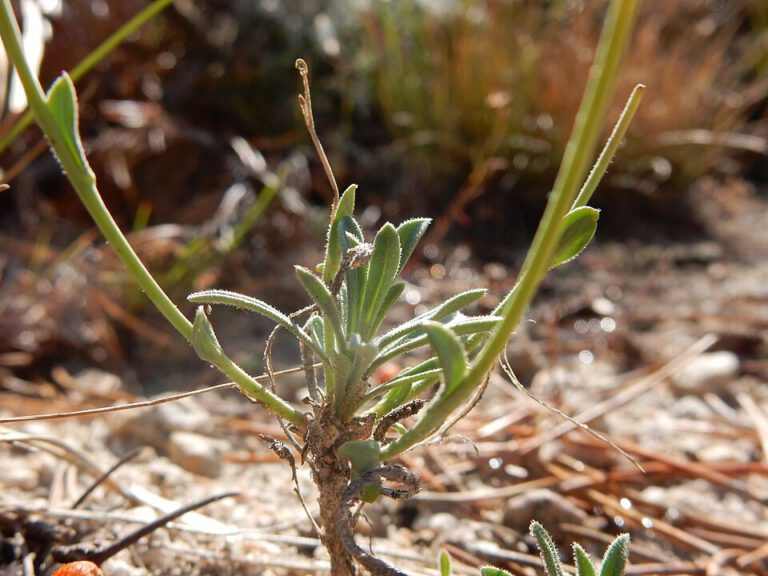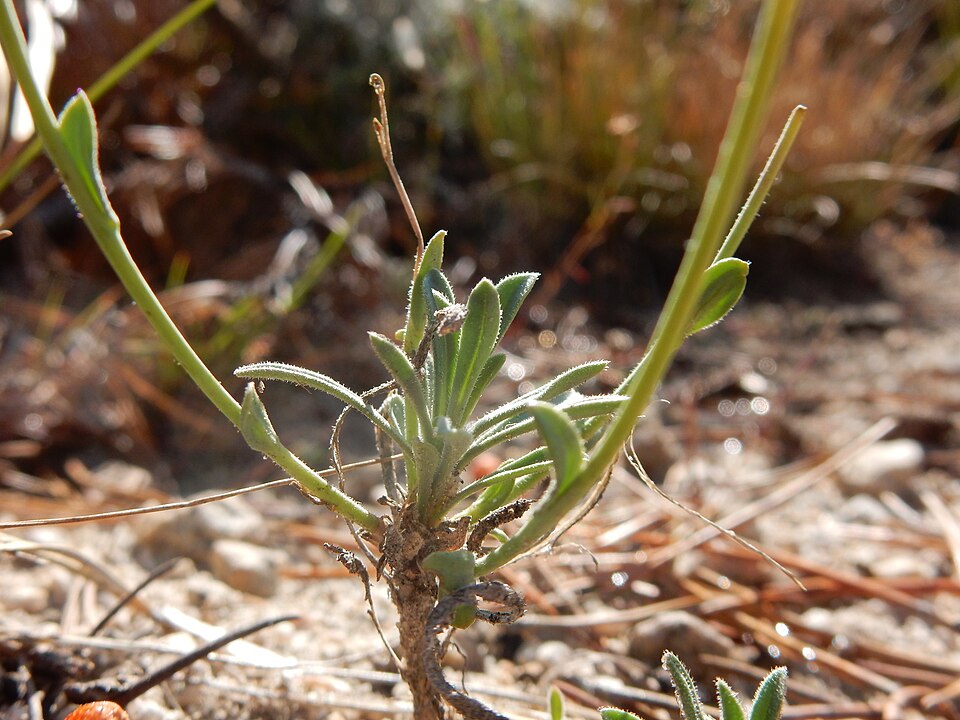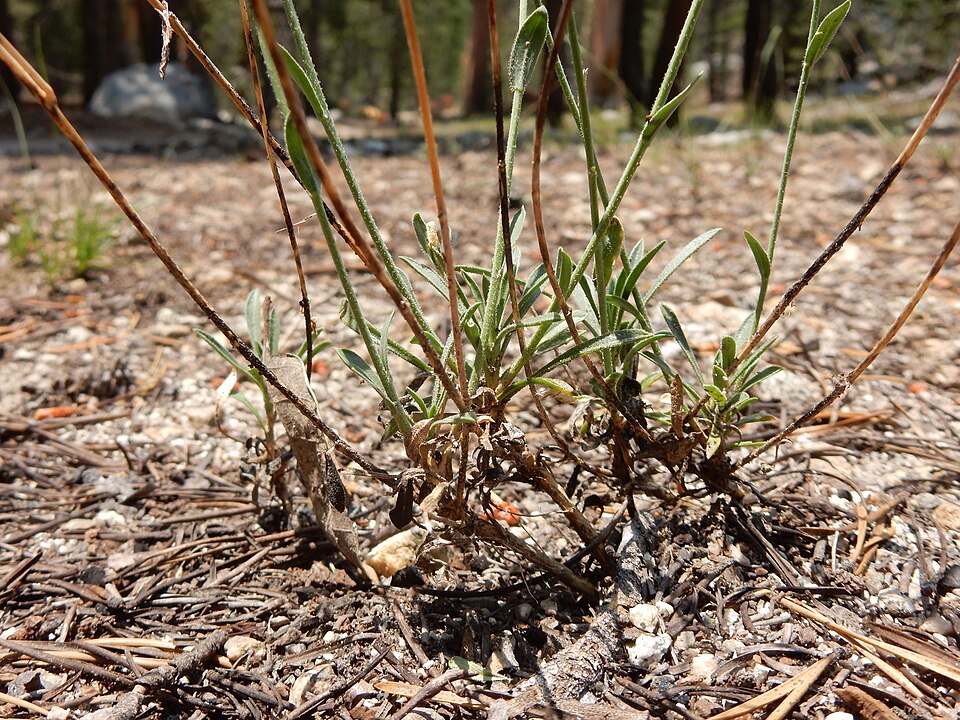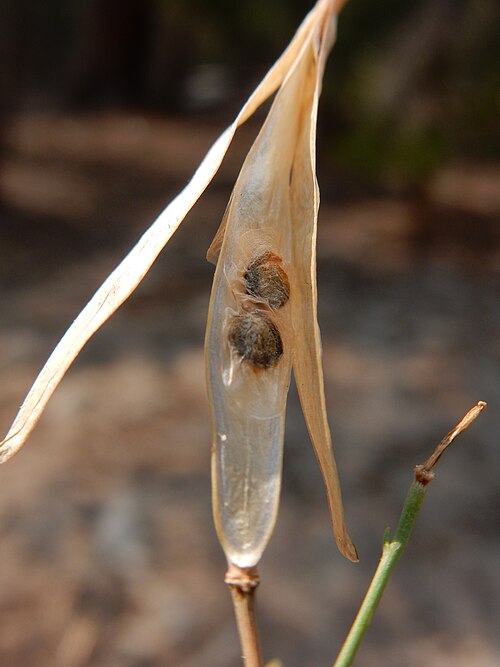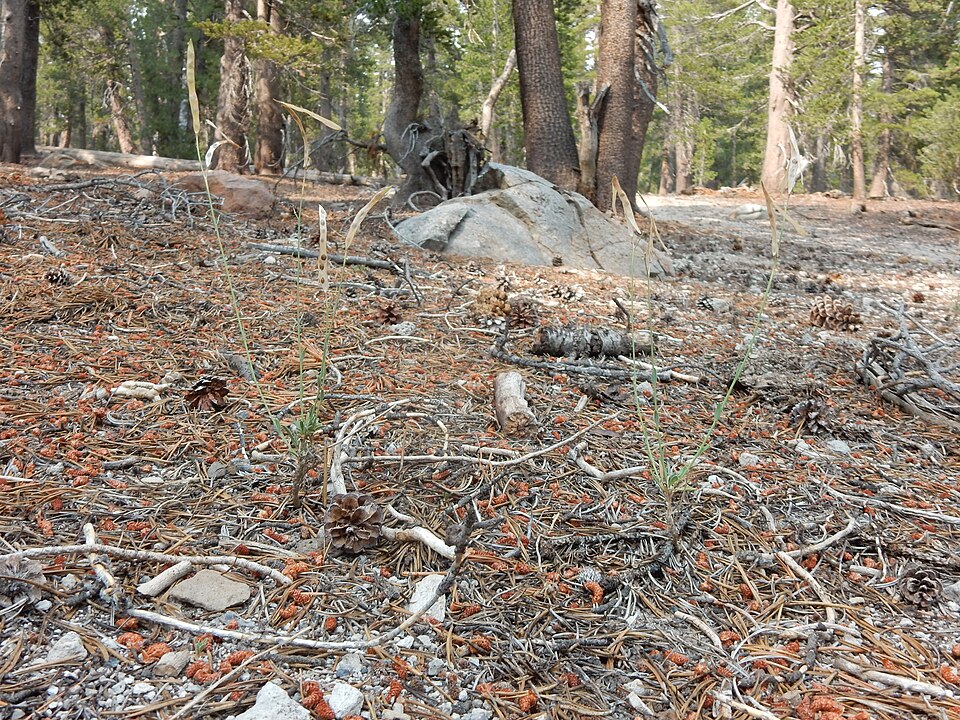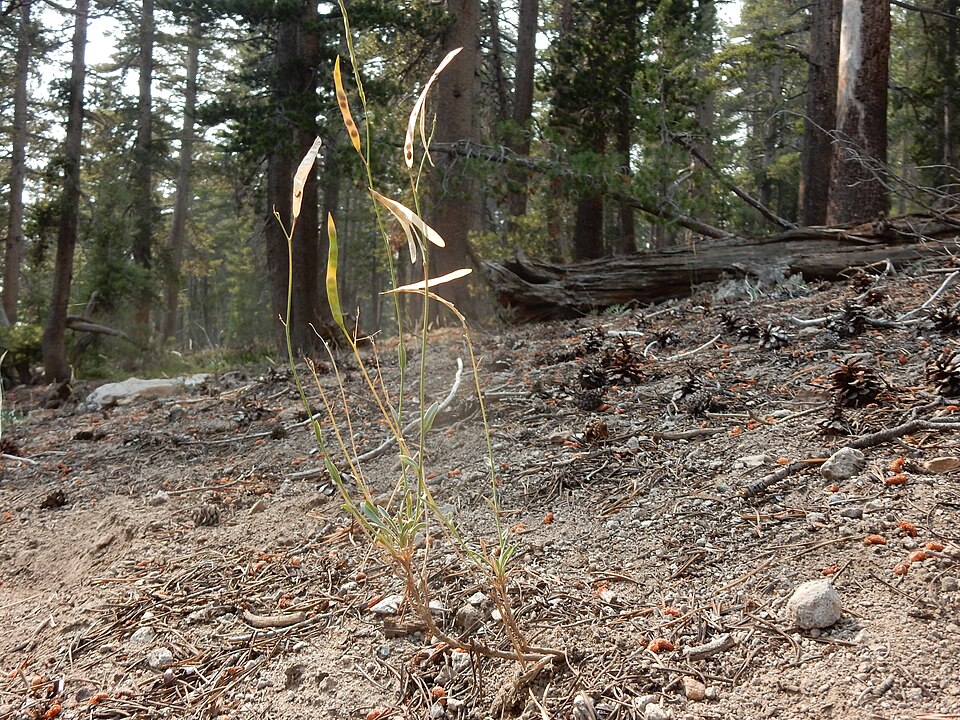Pioneer Rockcress: A Hardy Native Groundcover for Western Gardens
If you’re looking for a low-maintenance native plant that can handle tough conditions while supporting local wildlife, pioneer rockcress might just be your new best friend. This unassuming little perennial herb packs a punch when it comes to resilience and ecological value.
What is Pioneer Rockcress?
Pioneer rockcress (Arabis platysperma) is a native perennial forb that belongs to the mustard family. As a true herbaceous plant, it lacks woody stems and instead forms attractive low-growing rosettes of leaves. Don’t let its modest appearance fool you – this hardy native has been thriving in western landscapes long before any of us picked up a trowel.
Where Does It Call Home?
This western native has quite the range, naturally occurring across California, Idaho, Nevada, and Oregon. It’s perfectly adapted to the diverse climates and growing conditions found throughout these states, from coastal areas to inland valleys.
Why You’ll Love Growing Pioneer Rockcress
There are several compelling reasons to consider adding this native beauty to your garden:
- Supports local ecosystems by providing nectar for native bees, flies, and other early spring pollinators
- Requires minimal water once established, making it perfect for drought-conscious gardening
- Produces charming clusters of small white flowers in spring
- Thrives in challenging conditions where other plants might struggle
- Low-maintenance and long-lived perennial
Garden Design Ideas
Pioneer rockcress shines in several garden settings:
- Rock gardens where its low-growing habit complements stones and boulders
- Alpine and mountain-style landscapes
- Xeriscaped areas that celebrate water-wise gardening
- Naturalized wildflower meadows
- As groundcover in areas with challenging growing conditions
Growing Conditions and Care
One of the best things about pioneer rockcress is how easy-going it is. Here’s what it needs to thrive:
Sunlight: Full sun to partial shade – it’s quite adaptable
Soil: Well-draining soil is essential. It can handle poor soils but won’t tolerate soggy conditions
Water: Drought tolerant once established. Water moderately during the first growing season, then reduce watering
Climate: Hardy in USDA zones 4-8, making it suitable for a wide range of western climates
Planting and Care Tips
Getting started with pioneer rockcress is refreshingly straightforward:
- Plant in spring or fall when temperatures are moderate
- Choose a location with good drainage – this is non-negotiable
- Space plants according to their mature size to allow for air circulation
- Water regularly during the first growing season to help establish roots
- Once established, reduce watering significantly – this plant prefers to stay on the dry side
- Deadhead spent flowers to encourage continued blooming, though leaving some seed heads will provide food for birds
Supporting Native Wildlife
By choosing pioneer rockcress, you’re doing more than just beautifying your garden. This native plant provides crucial early spring nectar when many pollinators are just emerging from winter. Native bees, beneficial flies, and other small insects rely on plants like this to fuel their activities during the growing season.
Is Pioneer Rockcress Right for Your Garden?
This native gem is perfect for gardeners who appreciate understated beauty and want to support local ecosystems. It’s especially well-suited for those dealing with challenging growing conditions like poor soil, limited water, or areas that get intense sun. However, if you’re looking for a showstopping focal point or need a plant for consistently moist conditions, you might want to consider other options.
Pioneer rockcress proves that sometimes the most valuable garden plants are the quiet achievers – those that work hard behind the scenes, supporting wildlife while asking for very little in return. For western gardeners committed to native plant gardening, this resilient little perennial deserves serious consideration.
